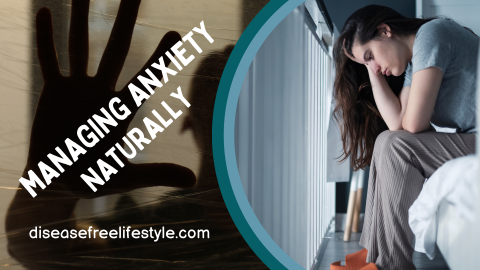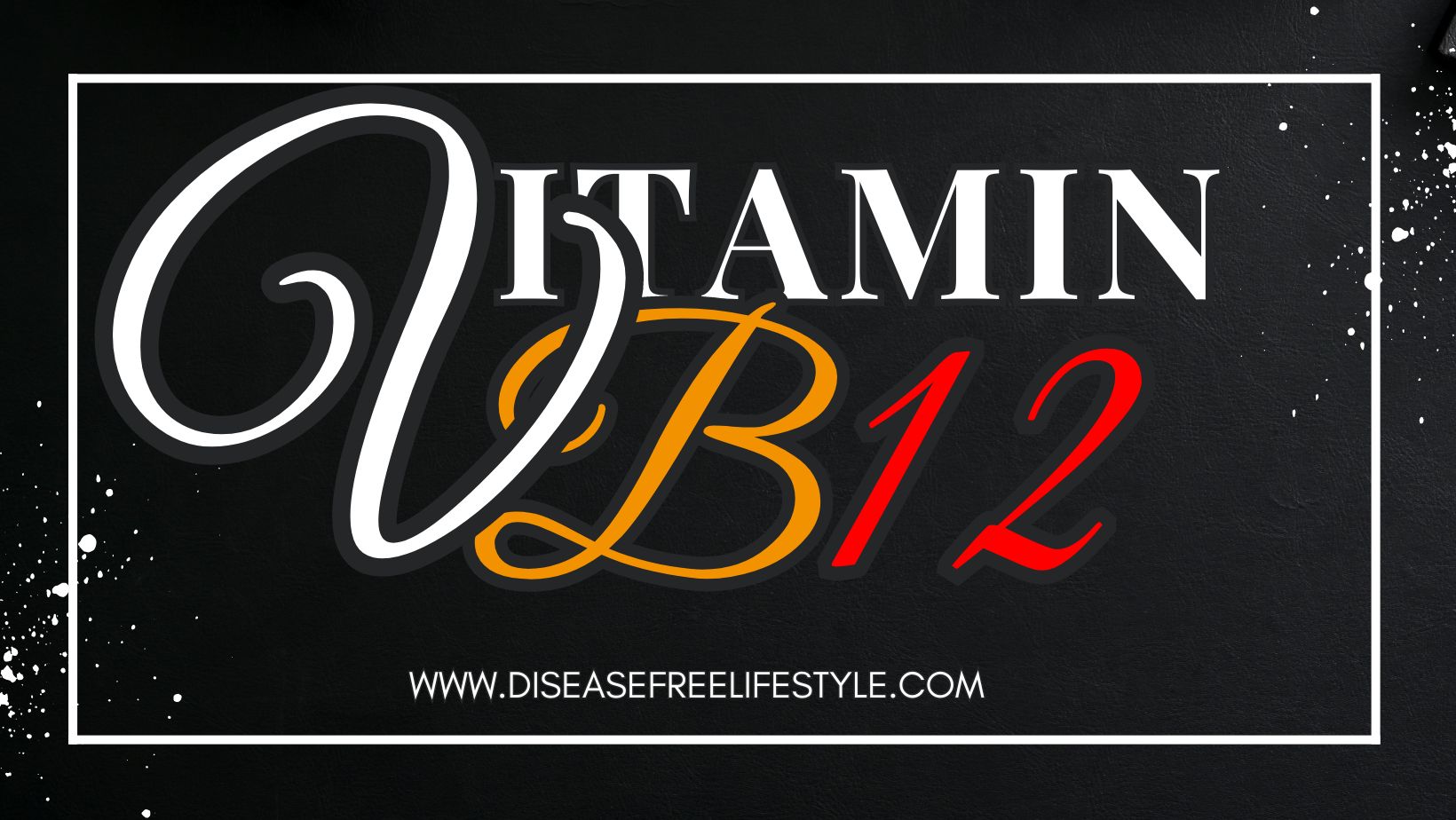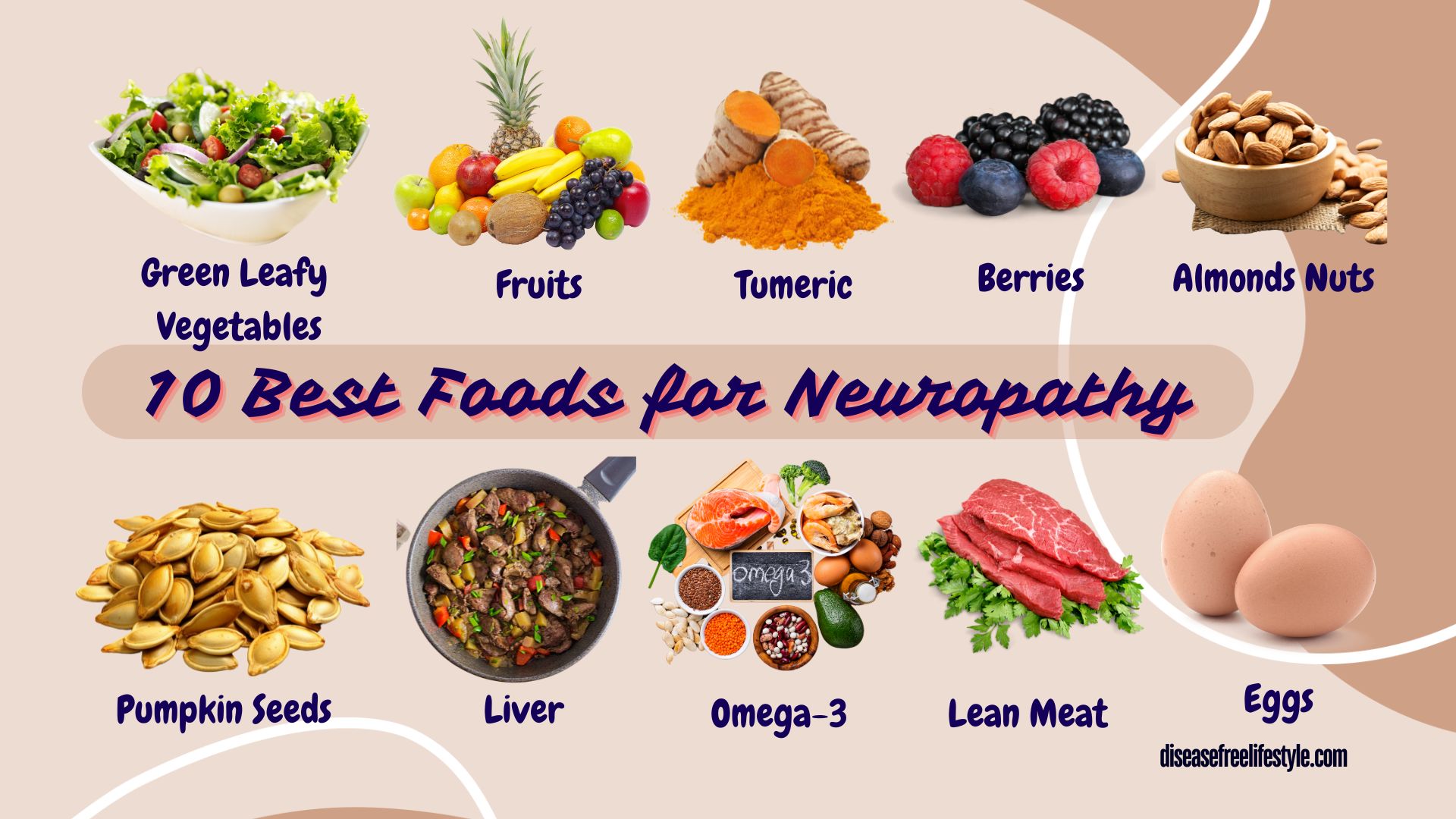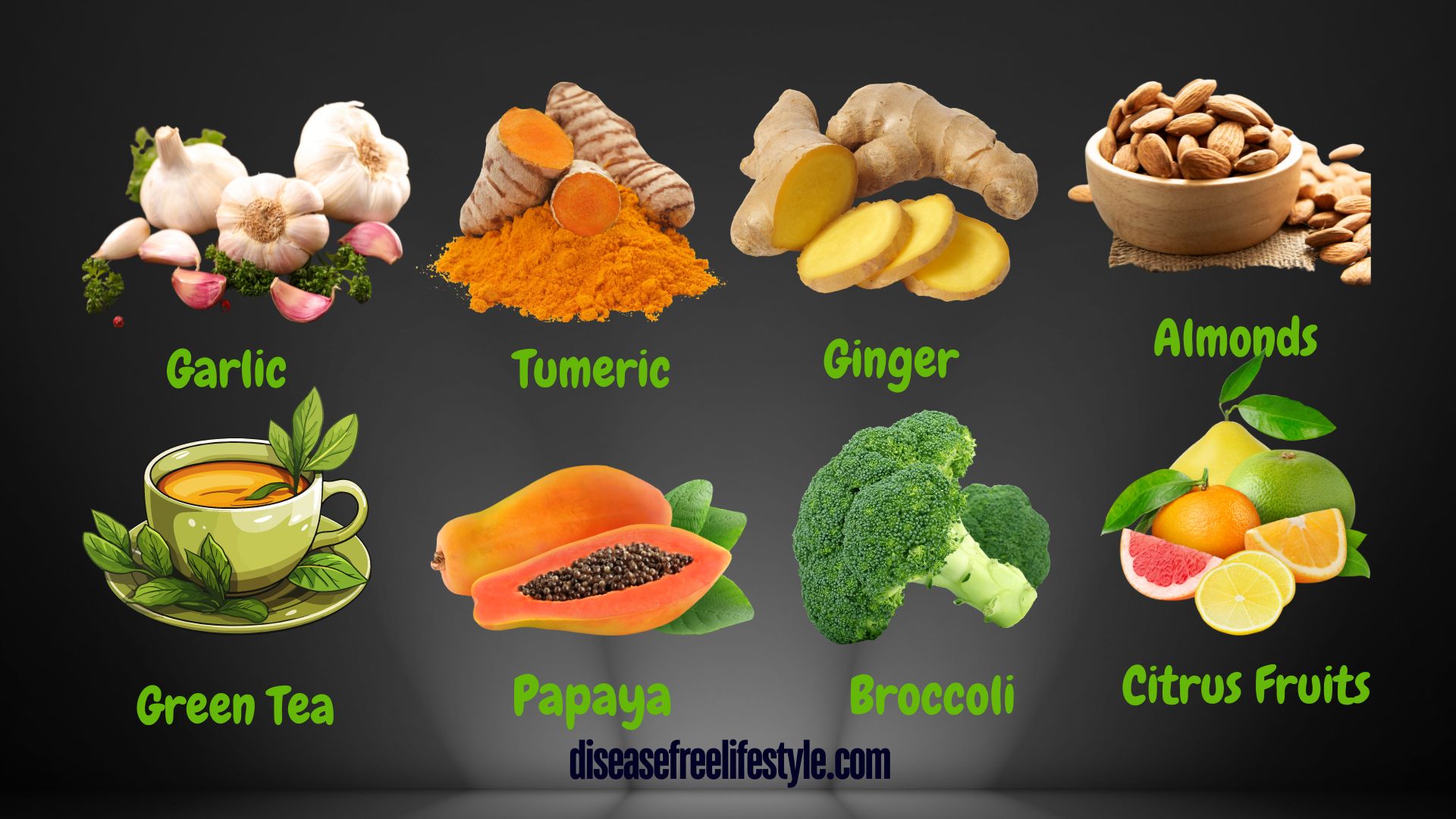Managing anxiety naturally is possible if you are determined to do it. You know Anxiety is a common mental health issue that can significantly impact your disease-free lifestyle. While medication and therapy are conventional treatments, there are also natural methods to manage anxiety effectively. In this article, we explore techniques to alleviate anxiety naturally and promote overall well-being.
Understanding Anxiety
Anxiety is a natural response to stress or perceived threats, but when it becomes chronic or excessive, it can interfere with daily life. Symptoms of anxiety may include persistent worry, restlessness, irritability, and difficulty concentrating.
The Impact of Anxiety on Health
Chronic anxiety can take a toll on health conditions, and can have far-reaching consequences for both mental and physical well-being. It may weaken the immune system, disrupt sleep patterns, and increase the risk of cardiovascular problems. It’s characterized by excessive worry, fear, and unease, often leading to a range of physical and emotional symptoms. Managing anxiety is crucial for maintaining a disease-free lifestyle.
Physical Impact
Anxiety can manifest in various physical symptoms, affecting different bodily systems:
Cardiovascular system: Increased heart rate, palpitations, chest pain, and difficulty breathing. Chronic anxiety can elevate blood pressure, increasing the risk of heart disease.
Digestive system: Indigestion, diarrhea, constipation are common digestive complaints associated with anxiety. But it is remarkable that irritable bowel syndrome (IBS) affects up to 30% of the population.
Musculoskeletal system: Muscle tension, headaches, and fatigue are frequent physical symptoms.
Immune system: Prolonged anxiety can weaken the immune system, making individuals more susceptible to infections.
Respiratory system: Rapid breathing, shortness of breath, and hyperventilation can occur during anxiety attacks.
Example: A person with anxiety might experience frequent heart palpitations, difficulty concentrating, and digestive issues like frequent diarrhea.
Mental and Emotional Impact
Beyond physical symptoms, anxiety significantly impacts mental and emotional well-being:
Mood disturbances: Anxiety can lead to feelings of irritability, restlessness, and difficulty concentrating.
Sleep disturbances: Insomnia, difficulty falling asleep, and frequent awakenings are common.
Social withdrawal: Anxiety can hinder social interactions, leading to isolation.
Impaired cognitive function: Difficulty making decisions, memory problems, and reduced problem-solving abilities can occur.
Substance abuse: Anxiety can be a trigger for substance abuse as people seek relief from symptoms.
Increased risk of depression: Anxiety and depression often coexist, creating a vicious cycle of negative emotions.
Example: A student with high anxiety might struggle to focus in class, avoid social gatherings, and experience difficulty falling asleep at night.
Example: A person with anxiety and diabetes might experience difficulty managing blood sugar levels due to stress and sleep disturbances, leading to complications.
Techniques for Natural Anxiety Relief
1. Practice Deep Breathing Exercises
Breathe Your Way to Calmness
Deep breathing exercises can activate the body’s relaxation response, reducing anxiety and promoting a sense of calm.
- How to Practice: Find a quiet place to sit or lie down. Inhale deeply through your nose, allowing your abdomen to expand. Exhale slowly through your mouth, releasing tension with each breath.
- Benefits: Deep breathing increases oxygen flow to the brain, promoting relaxation and reducing anxiety symptoms.
2. Engage in Regular Exercise
Move Your Body, Calm Your Mind
Physical activity is a powerful natural remedy for anxiety, releasing endorphins and reducing stress hormones.
- How to Practice: Choose activities you enjoy, such as walking, jogging, swimming, or yoga. Aim for at least 30 minutes of exercise most days of the week.
- Benefits: Exercise improves mood, reduces muscle tension, and enhances overall well-being, making it an effective anxiety management tool.
3. Practice Mindfulness Meditation
Stay Present, Reduce Anxiety
Mindfulness meditation trains the mind to focus on the present moment, reducing anxiety and promoting emotional resilience.
- How to Practice: Find a comfortable position and close your eyes. Focus on your breath or a specific sensation, such as the rise and fall of your abdomen. When your mind wanders, gently bring it back to the present moment.
- Benefits: Mindfulness meditation cultivates a non-judgmental awareness of thoughts and feelings, reducing anxiety and enhancing mental clarity.
4. Prioritize Sleep Hygiene
Sleep Your Way to Calmness
Quality sleep is essential for managing anxiety. Establishing a consistent sleep schedule and practicing good sleep hygiene can improve sleep quality and reduce anxiety levels.
- How to Practice: Create a relaxing bedtime routine, limit caffeine and electronic device use before bed, and ensure your sleep environment is comfortable and conducive to rest.
- Benefits: Adequate sleep promotes emotional regulation, reduces stress, and supports overall mental health.
5. Limit Stimulants and Alcohol
Moderation is Key
Caffeine and alcohol can exacerbate anxiety symptoms, so it’s essential to consume them in moderation or avoid them altogether.
- How to Practice: Limit caffeine intake to moderate levels and avoid alcohol or reduce consumption if it worsens anxiety symptoms.
- Benefits: Reducing stimulant and alcohol intake can stabilize mood, reduce irritability, and improve sleep quality.
Conclusion
Managing anxiety naturally is key to maintaining a disease-free lifestyle. By practicing deep breathing exercises, engaging in regular exercise, practicing mindfulness meditation, prioritizing sleep hygiene, and limiting stimulants and alcohol, you can effectively alleviate anxiety and promote overall well-being. Incorporate these natural techniques into your daily routine and enjoy the benefits of reduced anxiety and enhanced mental health.
Seeking Help:
If you’re struggling with anxiety, it’s essential to seek professional help. Therapists and counselors can provide effective strategies for managing anxiety, such as cognitive-behavioral therapy (CBT). In some cases, medication may also be helpful. Remember, you’re not alone. Many people experience anxiety, and there are effective treatments available. Your health is your greatest wealth!
N.B:
This article is for informational purposes only and should not be considered as medical advice. Always consult with a healthcare professional before making any changes to your lifestyle or treatment plan.










